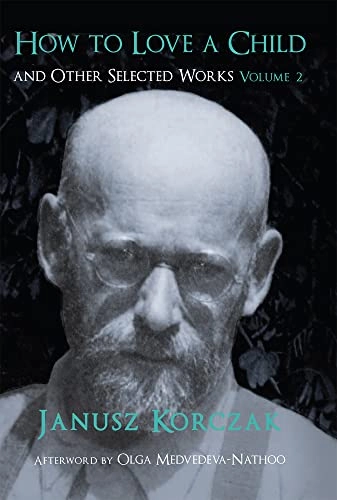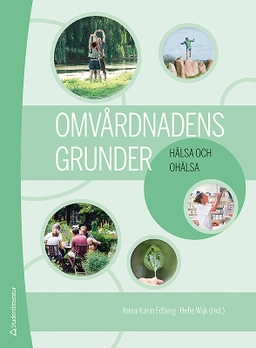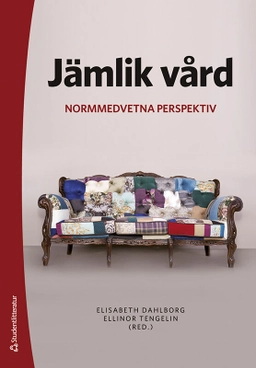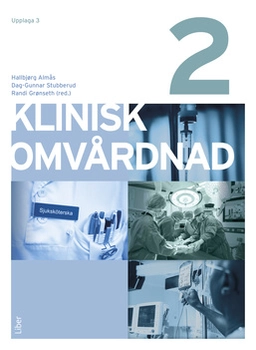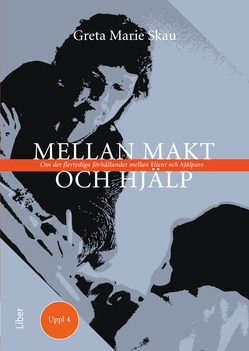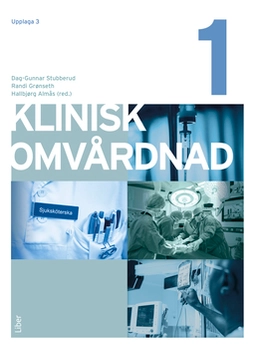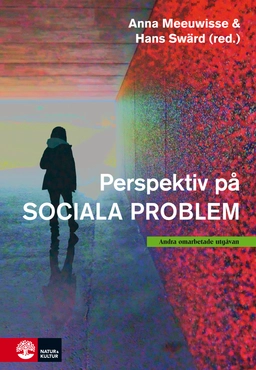How to Love a Child and Other Selected Works is the first comprehensive collection of Korczak's works translated into English. It contains his most important pedagogical writings, journal articles, as well as private texts. Volume 2 starts with extensive excerpts from two pedagogical treatises written for young readers. These are: Rules of Life, which explains the intricacies of human relationships and Humorous Pedagogy, reflections on everyday issues (disagreements, exaggerated demands) as well as the big questions of life, conveyed in a fun and approachable style. Next follows a selection of journal articles written by Korczak over a 40 year period. These articles, aimed at adults as well as children, have been published in pedagogical, social, and academic journals, and present a wide gamut of topics: from social problems, pediatrics, developmental psychology and special pedagogy, to child and childhood studies. This is followed by a collection of unpublished writing including private letters exchanged between him and his former wards, appeals and proclamations written during the early part of World War Two, his subtle but poignant sketches, as well as reports describing the harsh life of children in the ghetto. The final part of the volume is his diary - a unique documenting of Korczak's last weeks of life. Korczak's writing is characterized by uncompromising views, acute observations, subtle reflection, and, above all, love for children. All written in his distinctive style combining poetic metaphor with pedagogical reflection, a lofty turn of phrase with the mundanity of everyday life and humor with scholarly rigor.
Åtkomstkoder och digitalt tilläggsmaterial garanteras inte med begagnade böcker
